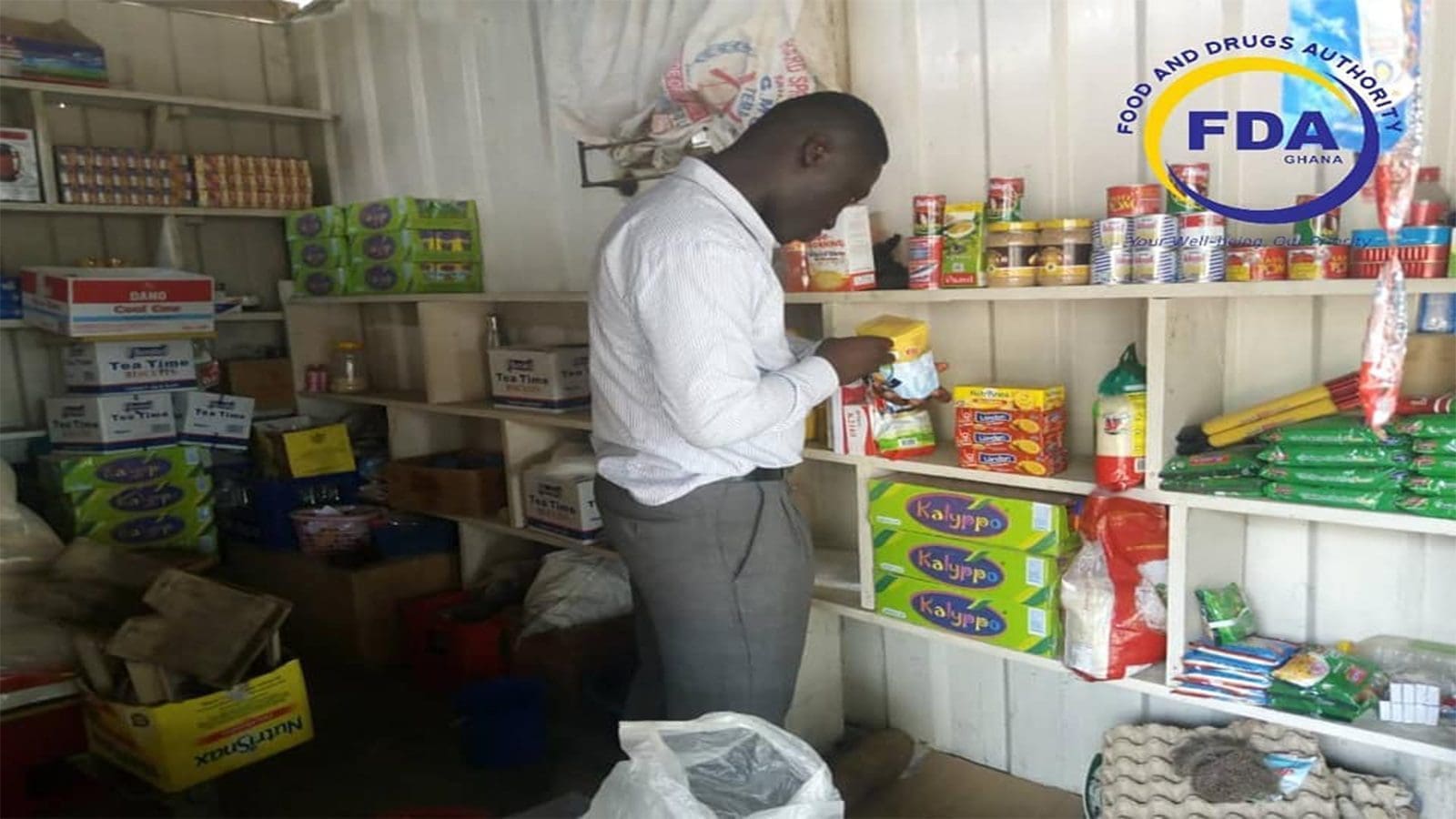UK – An in-depth review of the UK standards has shown a decline in the number of inspections of food businesses and the delay in full import controls for high-risk food and feed.
The Food Standards Agency (FSA) and Food Standards Scotland (FSS) report comes after the food system has faced two years of major upheaval following the UK’s departure from the EU, the significant effects of the COVID-19 pandemic, and more recently the disruption caused by the war in Ukraine.
The report titled, “Our Food: An annual review of food standards across the UK”, covers the period between 2019 to 2021.
The Agency attributes the fall in the number of inspections of businesses to resourcing pressures faced by local authorities.
It also states that the delay in establishing full UK imports controls for high-risk food like meat, dairy and eggs from the EU has reduced the ability to prevent unsafe food entering the UK market, noting that these checks should be in place by the end of 2023.
Findings come amid plans to cut the number of civil servants to 2016 levels in three years, a loss of full access to the EU’s Rapid Alert System for Food and Feed (RASFF) and losing a place in the Heads of Food Safety Agencies, a group of EU bodies that meet to share good practices.
Despite the gaps, FSA chair, Susan Jebb, said the report provides reassurance that high food standards in the UK have been upheld during a tough period for the food system.
“We are under no illusions that there are major challenges ahead. Establishing full UK import controls on food from the EU by the end of next year is a priority. The longer the UK operates without assurance that products from the EU meet our high food and feed safety standards, the less confident we can be that we can effectively identify potential safety incidents,” she said.
The FSA and FSS said that food safety standards have largely been maintained in the period. However, the pandemic disrupted regular inspections, sampling and audits, reducing the amount of data to assess business compliance against food law. It also changed patterns of consumer behavior.
Food incident rates
According to the report, food incident rates appear to be returning to expected levels based on previous recorded rates, after falling during the pandemic with contamination by harmful micro-organisms being the most frequently reported hazard.
There was a rise in reports of contamination by microorganisms from 360 in 2019 to 584 in 2021, as a result of more advanced surveillance such as Whole Genome Sequencing (WGS) to track the source of outbreaks and Salmonella in breaded chicken products, the report adds.
There was a nearly three-fold increase in poultry‑related incidents following a series of Salmonella outbreaks in breaded chicken from Poland in 2020 and 2021, which affected more than 1,000 people.
British Lion Eggs urged retailers and foodservice operators to use domestic eggs instead of importing them.
“The longer the UK operates without assurance that products from the EU meet our high food and feed safety standards, the less confident we can be that we can effectively identify potential safety incidents.”
“There have been ongoing food safety issues associated with non-UK eggs for many years and it is essential that effective food safety controls are in place for imports to ensure British consumer are protected from any potential risks, particularly vulnerable groups.
“This report confirms that the current controls on the import of eggs are not sufficient and until they are, any operator choosing to sell imported eggs is taking a gamble with the health of their customers,” Andrew Joret, British Egg Industry Council chairman, said.
FSS chair, Heather Kelman, said the report’s findings were encouraging but the effects of Brexit and the pandemic are still being felt, and will continue to impact food systems for years to come.
“This joint report comes at what we believe is a make or break juncture for food quality and safety, as we transition into a post-pandemic landscape and take on new responsibilities following our departure from the EU,” she said.
Liked this article? Subscribe to Food Safety Africa News, our regular email newsletters with the latest news insights from Africa and the World’s food safety, quality and compliance. SUBSCRIBE HERE








